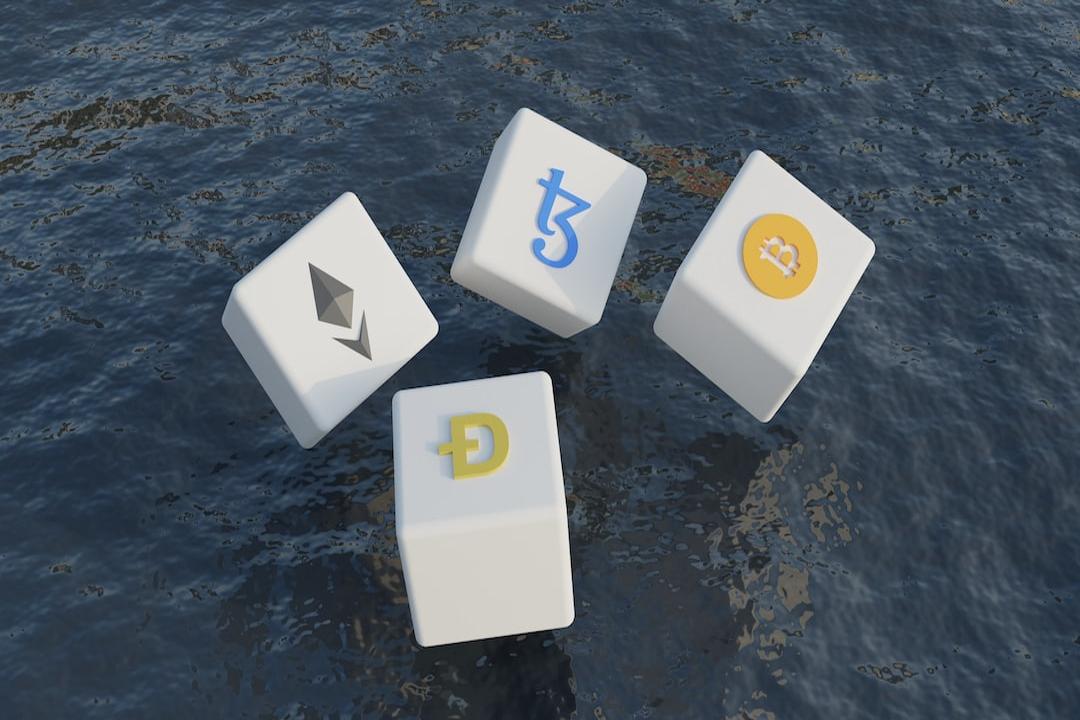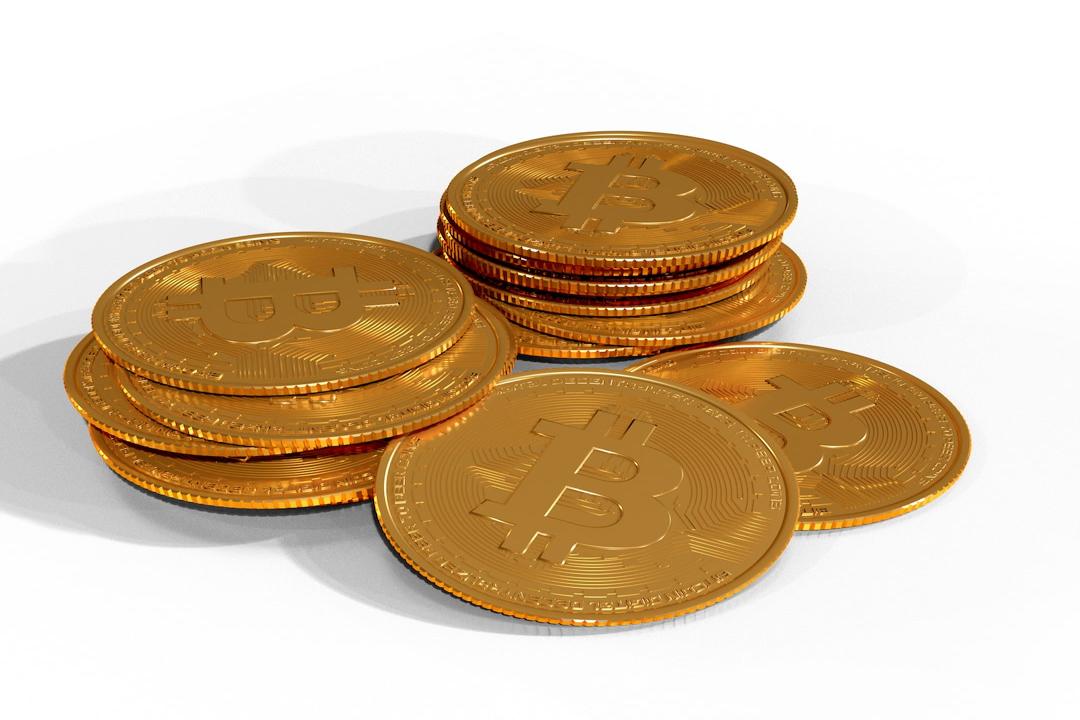A recent research report from JPMorgan Chase points out that the market share of Lido, the largest liquidity staking protocol on Ethereum, has decreased from one-third a year ago to one-fourth currently. This may alleviate concerns about the centralization of the Ethereum network and increase the possibility of Ethereum not being classified as a security.
(Earlier context:
JPMorgan Chase: Bitcoin may plummet to 42,000 after halving, current BTC still in oversold territory and bearish trend not over yet
)
(Background information:
JPMorgan Chase CEO: I will never buy Bitcoin! Don’t know what BTC is for?
)
Whether Ethereum is a security or a commodity has always been a hot topic, but banking giant JPMorgan Chase states that due to the increased decentralization of Ethereum, it can avoid being classified as a security.
JPMorgan Chase: Decreased market share of Lido avoids ETH being classified as a security
According to CoinDesk’s report, JPMorgan Chase stated in a research report that the market share of Lido, the largest liquidity staking protocol on Ethereum, has continuously declined from about one-third a year ago to about one-fourth currently.
Analysts point out that, as emphasized in the “Hinman document” issued by the U.S. Securities and Exchange Commission (SEC) in June last year, decentralization plays an important role in determining the classification of digital tokens as securities. At that time, SEC officials pointed out that tokens operating on a “sufficiently decentralized” network may not meet the standards of being considered securities, mainly due to the lack of a controlling entity in the Howey sense.
After the release of the Hinman document last year, JPMorgan Chase analysts stated that U.S. legislators could create a new “other category” to classify Ethereum, thereby avoiding its classification as a security while ensuring investor protection. However, SEC Chairman Gary Gensler refused to comment on whether Ethereum is exempt from securities regulation.
Lido’s market share falls below 30%
According to data from Dune created by @hildobby, Lido’s market share of staked ETH has fallen below 30%, declining from 32% in December 2023 to the current 29.57%. This change alleviates concerns about the growing influence of Lido in the Ethereum ecosystem.

Source: @hildobby Dune
Other important participants in the Ethereum staking ecosystem include cryptocurrency exchanges Coinbase (14.04% share), Binance (3.75% share), and staking platform Kiln (3.5% share). (The entity with the second largest share, but “unknown” identity, is excluded.)
Ethereum co-founder Vitalik Buterin has previously stated that the market control share of a single staking pool should not exceed 15% and even proposed that its market share be reduced to below 15% by increasing fees. Based on the current market situation, Lido still needs further efforts to achieve Buterin’s proposed goal.

Source: @hildobby Dune
Related Reports
JPMorgan Chase: Bitcoin’s weight in volatile investment portfolios “surpasses gold,” spot ETF may attract $62 billion within three years
Vitalik proposes DVT (Distributed Validation Technology) again, aiming to solve centralization issues in Lido
ETH breaks through 3,200: Total locked value in Lido reaches a new high of $31.3 billion, can LDO regain its glory?


